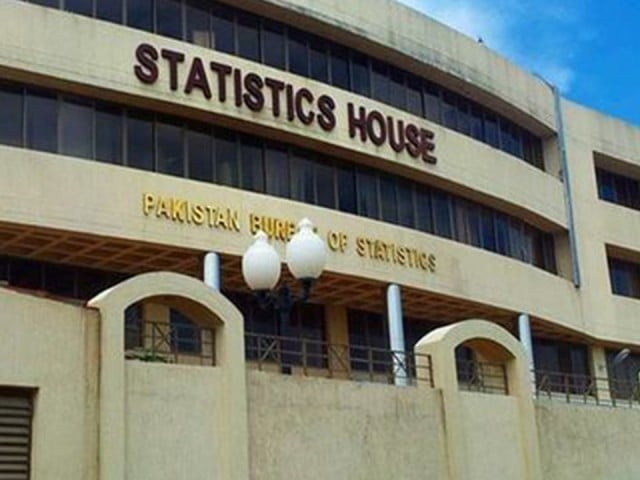PBS revises inflation reading downwards to 6.8%
Headline inflation comes down after revision in gas price hike according to seven slabs

Headline inflation comes down after revision in gas price hike according to seven slabs.
PHOTO: FILE
The national data collecting agency has “rationalised” the headline inflation to 6.8% against the earlier reading of 7%, according to a revised inflation bulletin the PBS released on Wednesday.
The PBS lowered the headline inflation index after adjusting the increase in gas prices according to seven slabs. Earlier, it reported 7% inflation on the basis of five slabs.
The PBS excluded the increase in telephone charges, high-speed diesel prices, bus fares and Urdu language newspapers from the revised Consumer Price Index (CPI)-based inflation. The revision was made 10 days after the announcement of the original data.
Previously, the PBS stated that gas prices had skyrocketed 104.9% in October 2018 compared to the same month a year earlier. Now, it has put the increase at 85.31%.
Consumers brace for higher inflation in FY19
The finance ministry and independent experts questioned the methodology of the PBS as they had not expected the inflation to hit 7% in October.
The PBS did not change the core inflation number in its latest revision, which stood at a four-year high of 8.2% in October.
The 8.2% core inflation was slightly lower than the key discount rate of 8.5% that the State Bank of Pakistan (SBP) announced in September 2018 for two months. The narrowing gap between the key interest rate and the core inflation may lead to another round of interest rate hike in the current fiscal year.
The PBS also did not report the high-speed diesel prices in the revised bulletin. Earlier, it put the increase in diesel prices at 34.2% in October, which led to nearly 45% hike in bus fares.
Inflation touches 45-month high at 5.8%
Additionally, the PBS removed the rise in bus fares from the revised summary. Similarly, it did not include the increase in PTCL charges. Earlier, it had reported over 11% hike in PTCL charges.
The PBS is facing a shortage of human resources. Most of the posts of PBS members including the chief statistician have been vacant for the past few months. Similarly, there is no permanent secretary of the Statistics Division.
The Pakistan Tehreek-e-Insaf (PTI) government has vowed to grant autonomy to the PBS, but so far it has not taken any practical steps to achieve the goal.
Prime Minister Imran Khan has not appointed the minister for statistics and has also not given the additional portfolio to any federal minister.
Earlier, the Statistics Division had been part of the finance ministry but former prime minister Shahid Khaqan Abbasi separated the division from the ministry and appointed a full-time minister of statistics.
The General Statistics Reorganisation Act 2011 is a tailour-made law designed to serve vested interests. There is a need to revise the law to provide meaningful autonomy to the national statistics agency.
The PBS also slightly revised the average inflation reading downwards for July-October of the current fiscal year from 6% to 5.9%. It was significantly higher than the 3.84% average inflation in the corresponding period of previous fiscal year.
The central bank has also been continuously adjusting its inflationary forecast and lately revised it upwards to 7.5%. The month-on-month CPI inflation was also revised downwards by 0.2% to 2.3% for October. Still, it was the highest in years.
Published in The Express Tribune, November 15th, 2018.
Like Business on Facebook, follow @TribuneBiz on Twitter to stay informed and join in the conversation.



1733130350-0/Untitled-design-(76)1733130350-0-208x130.webp)















COMMENTS
Comments are moderated and generally will be posted if they are on-topic and not abusive.
For more information, please see our Comments FAQ